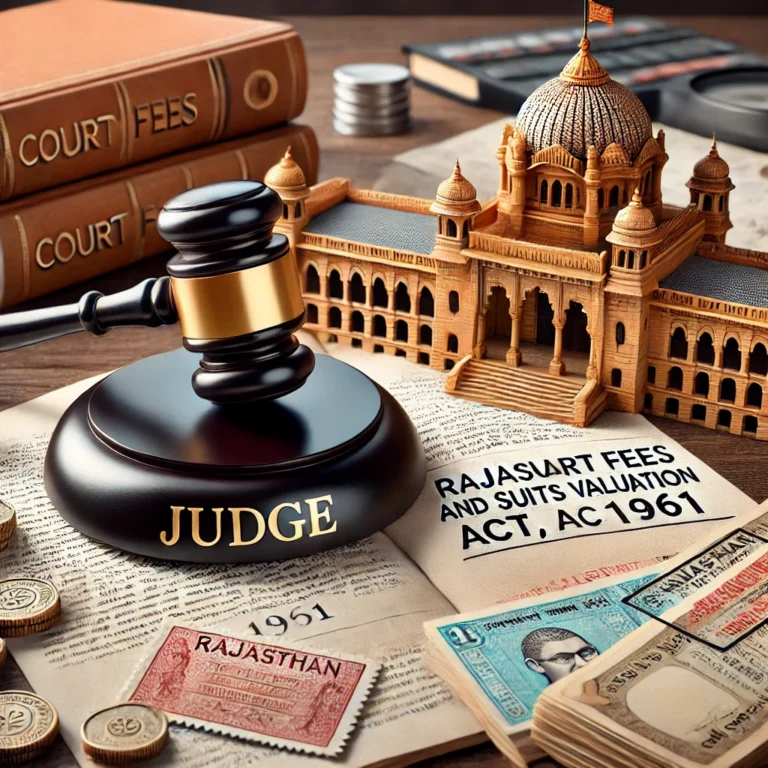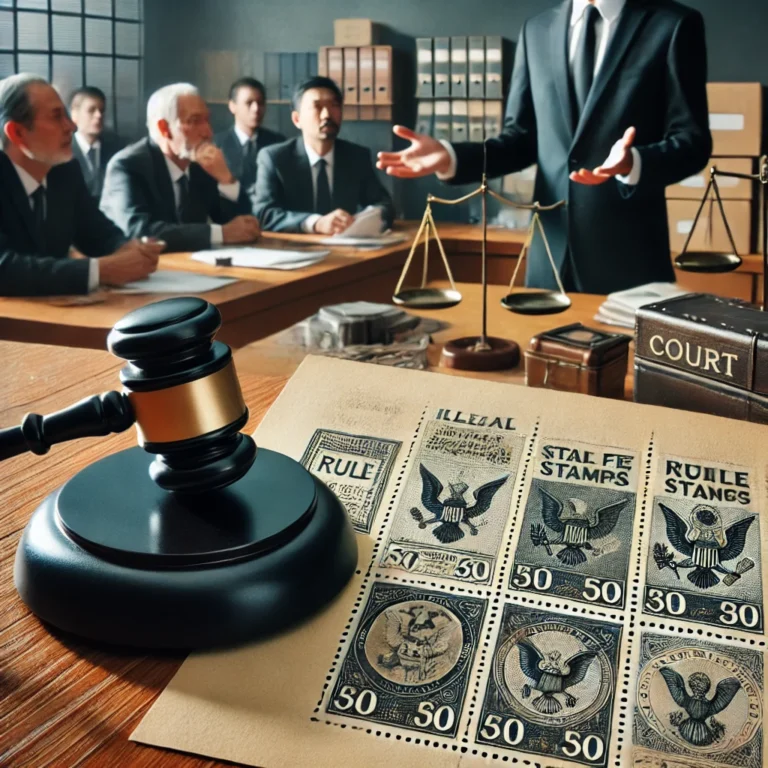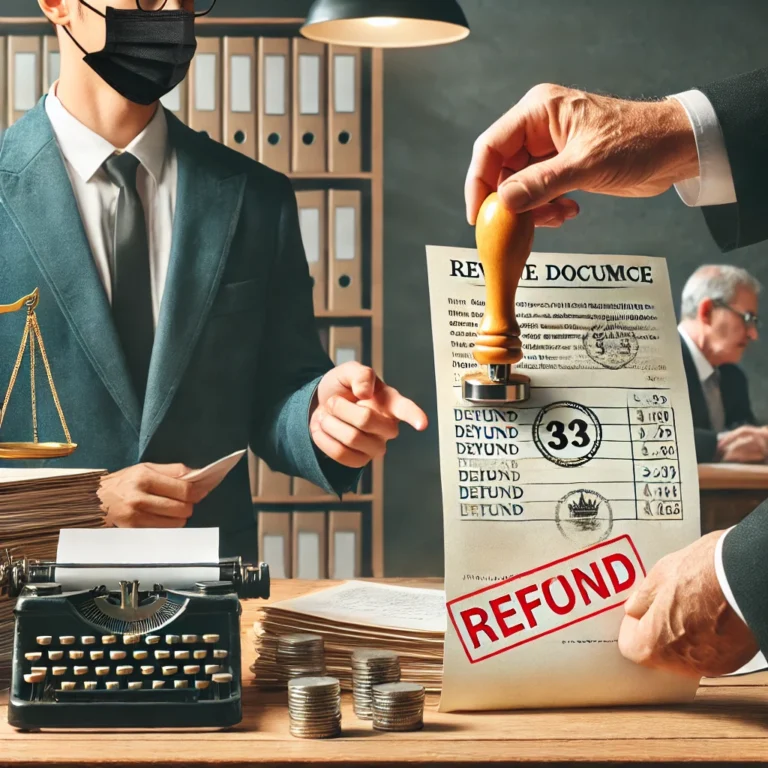
Section 54 & 55: Inquiry and Court Review of Property Valuation in Probate Cases
Inquiry by the Collector (Section 54) – Verification of Property Valuation for Probate or Letters of Administration
While applying for probate or letters of administration, an applicant has to furnish a valuation of the property of the deceased. Section 54 of The Rajasthan Court Fees and Suits Valuation Act, 1961 clarifies the function of the Collector in the verification of this valuation.
Once the Collector receives the application and valuation information, the Collector scrutinizes the information. If necessary, the Collector can carry out an inquiry or direct an officer to verify if the valuation is correct. If the property is located in various districts, the Collector can request another district’s Collector to give the right valuation for that portion of the property.
If the Collector discovers that the applicant has undervalued the property, he may summon the applicant for explanation either personally or through an agent. Evidence can be taken to confirm the true value. If the Collector is still not content, he may request the applicant to correct the valuation. If the application for probate or letters of administration is already pending in court, the corrected valuation must also be filed there.
For More Updates & Regular Notes Join Our Whats App Group (https://chat.whatsapp.com/DkucckgAEJbCtXwXr2yIt0) and Telegram Group ( https://t.me/legalmaestroeducators ) contact@legalmaestros.com.
If the probate or letters of administration has been issued and it is discovered subsequently that the proper fee has not been paid, the Collector will act under Section 56. But if the applicant has inadvertently paid too much on the basis of a valuation that is proved to have been incorrect, the excess fee will be refunded. If the applicant does not agree to modify the valuation, the Collector may request the court to hold an inquiry, but such a request must be made within six months from the date of filing the inventory as mandated by the Indian Succession Act, 1925.
For instance, if an individual makes a statement that the property of the deceased is worth ₹10 lakhs but the Collector determines that the real value is ₹15 lakhs, the applicant can be required to correct the valuation and pay the proper court fee.
For More Updates & Regular Notes Join Our Whats App Group (https://chat.whatsapp.com/DkucckgAEJbCtXwXr2yIt0) and Telegram Group ( https://t.me/legalmaestroeducators )
Application to Court and Court’s Powers (Section 55) – Investigation into Real Property Value
When the Collector asks the court to verify the valuation under Section 54, the court is required to conduct an inquiry. The court can hold the inquiry itself or direct a subordinate court or officer to conduct the inquiry. The Collector is a party to the case when the inquiry is conducted.
The court or the inquiring officer can question the applicant on oath and gather further evidence to ascertain the actual value of the property. In case a subordinate court or officer is dealing with the inquiry, they have to present a report and the evidence gathered to the principal court. This report will be taken as evidence in the case.
After the inquiry is conducted, the court will then make a final determination on the appropriate valuation of the estate. This ruling cannot be appealed further. The court would also make a determination on who pays for the inquiry, according to the Code of Civil Procedure, 1908.
For instance, if a candidate states the estate of the deceased is valued at ₹8 lakhs but a search establishes that the estate is indeed worth ₹12 lakhs, the court will note the true value and direct the candidate to pay the correct court fee. If the candidate has already overpaid, the excess would be refunded.
These sections ensure that the valuation of a deceased person’s property is fair and accurate so that the correct court fee is paid, preventing loss to the government and ensuring transparency in legal proceedings.
You said:






